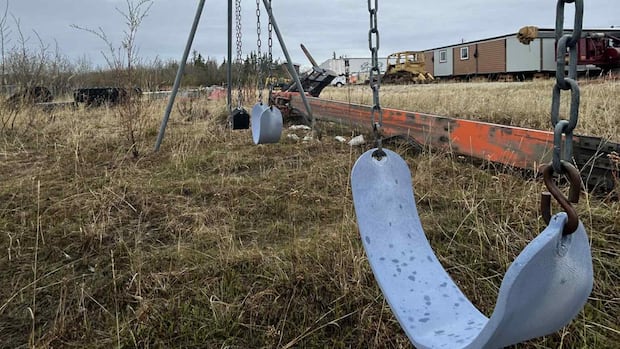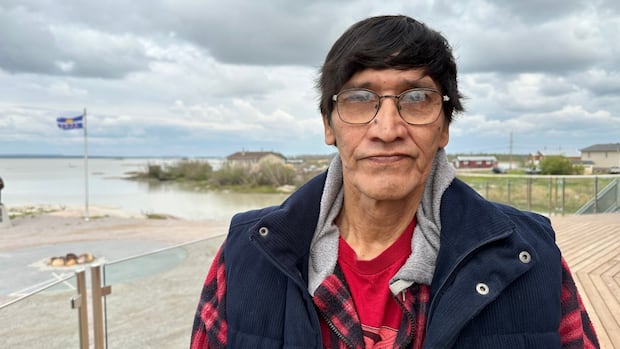Northwest Territories politicians are lobbying federal officials to extend Jordan's Principle funding through 2026.
Earlier this year, Indigenous Services Canada (ISC), announced it would be narrowing the range of eligible requests under the program that was created to ensure First Nations children don't face gaps or service denials because of their identities.
The announcement has created uncertainty in N.W.T. schools, where many education assistant positions (EAs) are funded with money from Jordan's Principle. In Yellowknife Education District No. 1 (YK1) alone, schools are bracing to lose 79 EAs.
On a trip to Ottawa earlier this month, N.W.T. Education Minister Caitlin Cleveland said she and other N.W.T. cabinet ministers stressed the urgency of the funding, in as many meetings as they could.
"If you want more tradespeople, if you want to be able to really focus on Arctic sovereignty, if you want to build healthy communities together and be able to focus on economic development as a country, as one economy, it really does rely on children having access to education," Cleveland told CBC News. "And that's what Jordan's Principle is about."
The changes in Jordan's Principle come after some reportedly used the funding for things like home renovations, gaming consoles and, in one case, a zip line kit.
Cleveland acknowledged those abuses of the program but said that's not what's happening with education bodies using Jordan's Principle funds for EAs.
"We are seeing education bodies really work hard to ensure that they are carrying the spirit and intent of the policy … and addressing the needs of Indigenous children," she said.
The changes would also mean that every Jordan's Principle funding application must come from a referral by a health-care professional. N.W.T. Health Minister Lesa Semmler said that will further strain a system already stretched thin.
"When we look at the amount of children that are going to need assessments and referrals, that is going to put a huge burden," Semmler said.
"And many of our small communities where these children are getting supports don't have a health professional."
Cleveland said their federal counterparts seemed to understand their concerns when they met in Ottawa this month. But she says the N.W.T. officials didn't hear an answer, or a timeline for when they might know whether the funding will be extended.
"We simply don't have those answers, but we're going to continue to pull the levers that we have," she said.
Cleveland said they're also in the process of coming up with a contingency plan in case the federal government does not extend the funding.
"This is one of the things that certainly does keep us up at night because of the dire impacts that it could have. We have a fragile system," she said.











